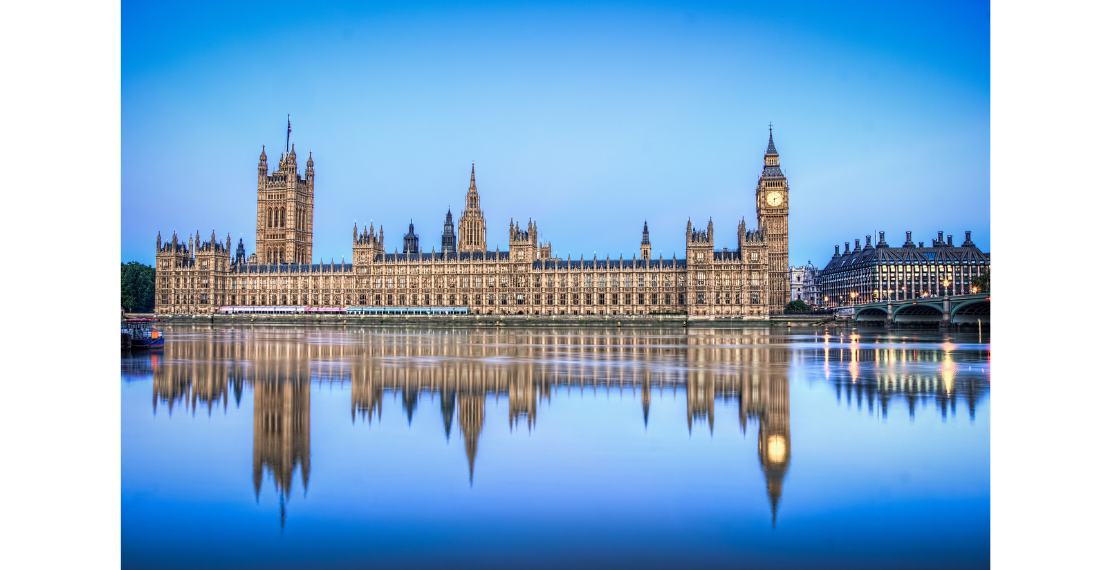
Historians, social scientists and campaigners gathered in the Jubilee Room in the Palace of Westminster on 9 February to share their knowledge of the history of women's suffrage across the world, and look to the future of women in power. The event was the brainchild of Dr Sumita Mukherjee (University of Bristol) who brought a rich and inspiring group together, in collaboration with Policy Bristol and Vote 100. In the centenary year of the UK's Representation of the People Act 1918 there has naturally been a focus on the history of female suffrage - but as Sumita pointed out in her welcome, this is not only the history of an Anglo-centric white women's movement. There are surprising, enriching and inspiring histories from across the world, and particularly from the global south, that can inform us today.
Over the course of the day we travelled to New Zealand, India, Brazil, Sri Lanka, Australia and the United States; we heard about the "imperial feminism" of the early twentieth century, unlikely alliances with South American authoritarian "strongmen" as a means of promoting female representation, the Indian General Election of 2014 in which voters and candidates alike had the option of registering their gender as "Other" in addition to "Male" and "Female", and the role of the Women's Christian Temperance Union as a key feminist organisation in nineteenth-century New Zealand.
From the campaigning side, Frances Scott of 50:50 Parliament issued a rousing call-to-arms for everyone listening to approach the female friend or colleague whose abilities they admire and #AskHerToStand. Sam Smethers, Chief Executive of the Fawcett Society, outlined campaigning plans for the commemorative year and also explained how the Society has expanded its awareness of the diversity of the suffrage movement - appreciating this diversity is key to understanding that women from different cultures and backgrounds may participate in democracy in many ways other than voting.
Listen to all the speakers at the links below for new perspectives and alternatives to the familiar stories we tell about female suffrage. H&P's favourite takeaway of the day was the lovely motto of the National Association of Colored Women in the United States in the early twentieth century: "Lifting as we climb".
H&P is based at the Institute of Historical Research, Senate House, University of London.
We are the only project in the UK providing access to an international network of more than 500 historians with a broad range of expertise. H&P offers a range of resources for historians, policy makers and journalists.